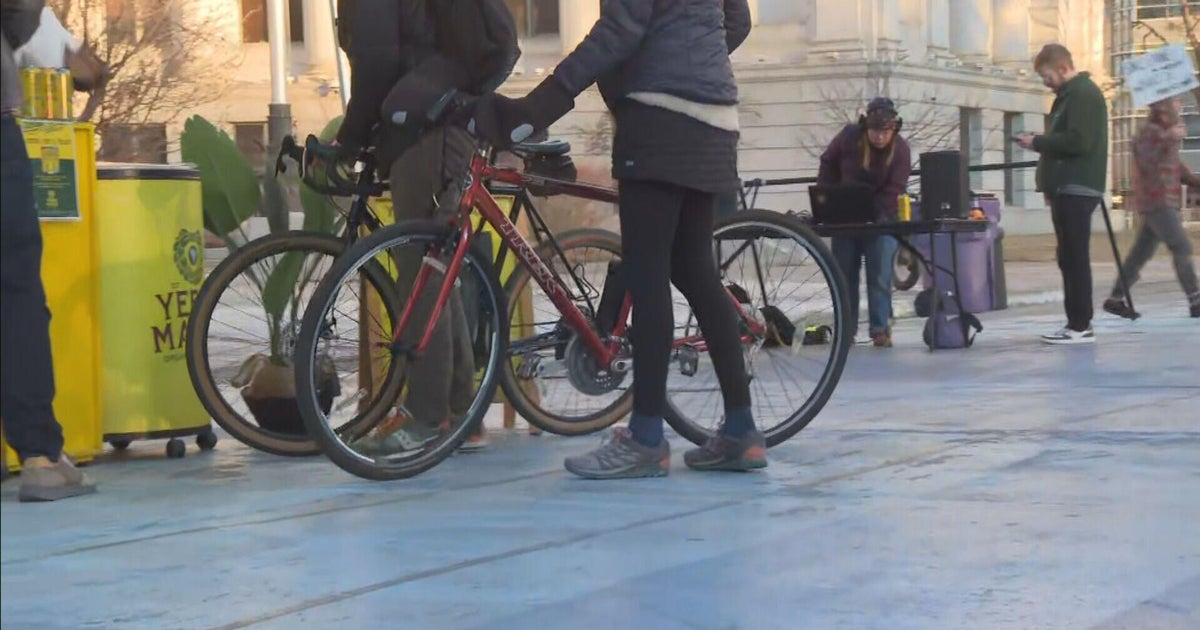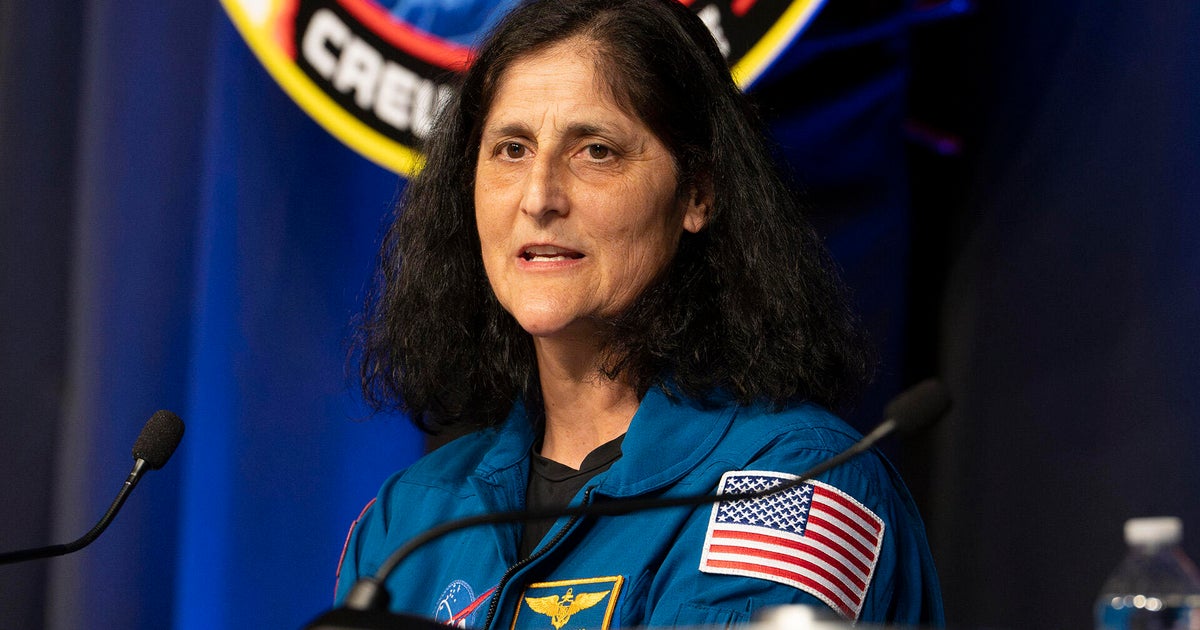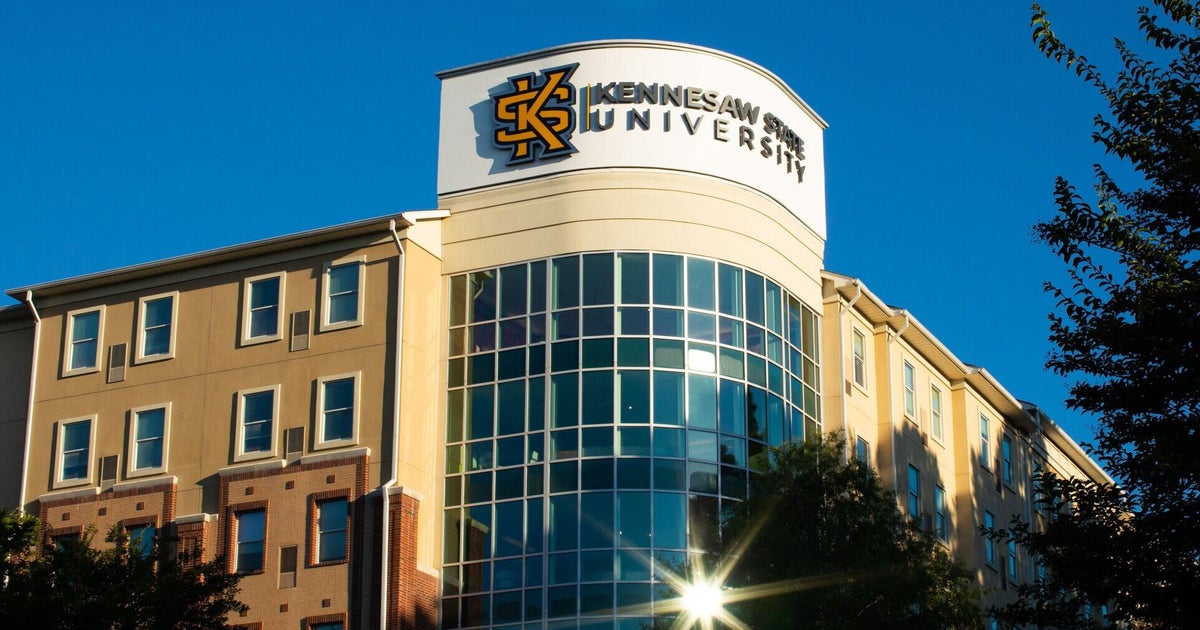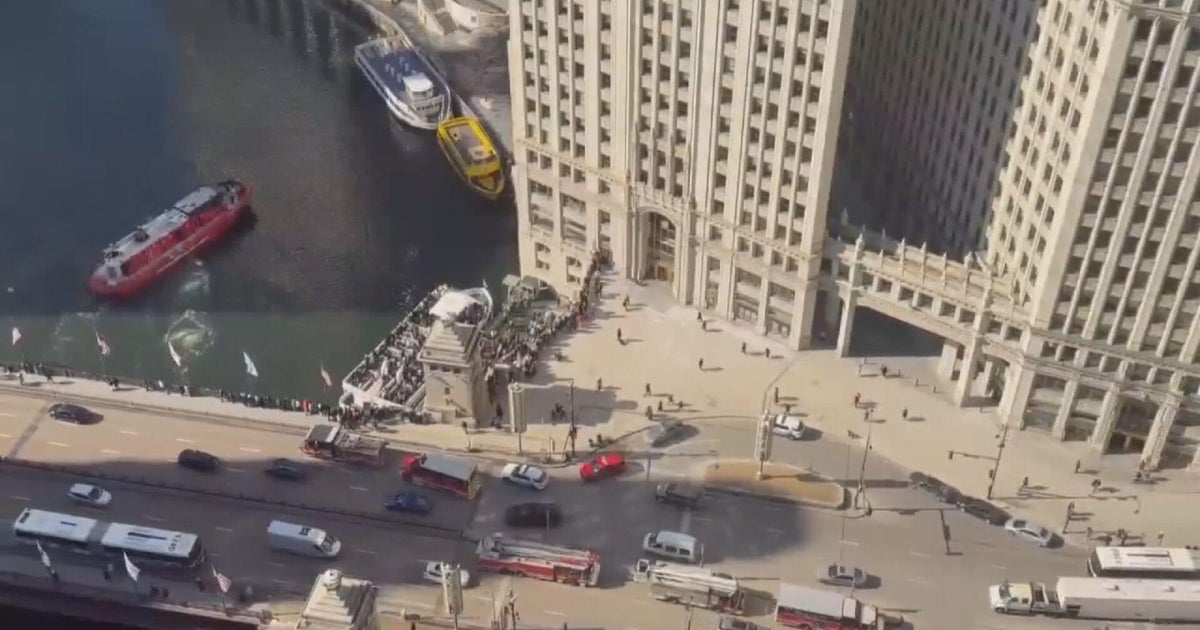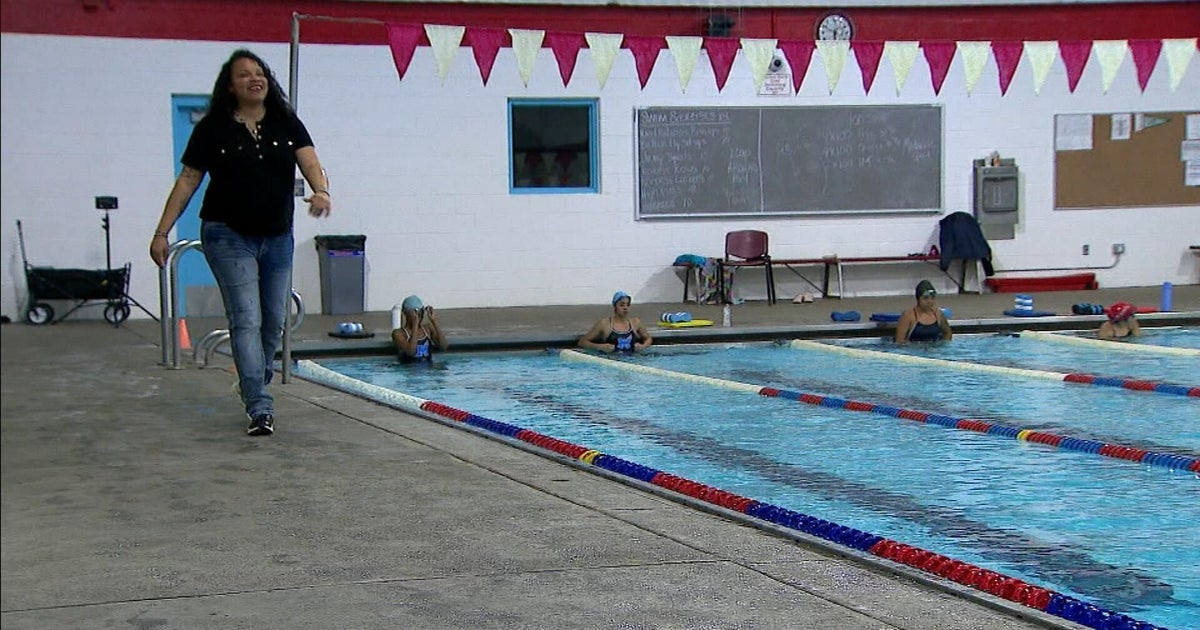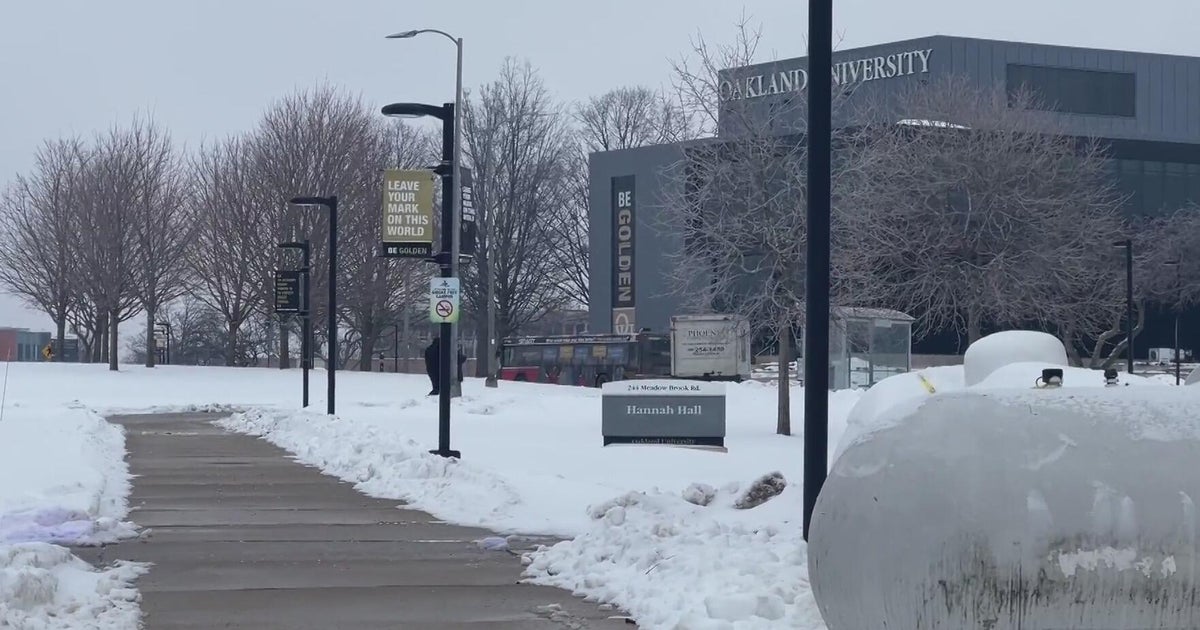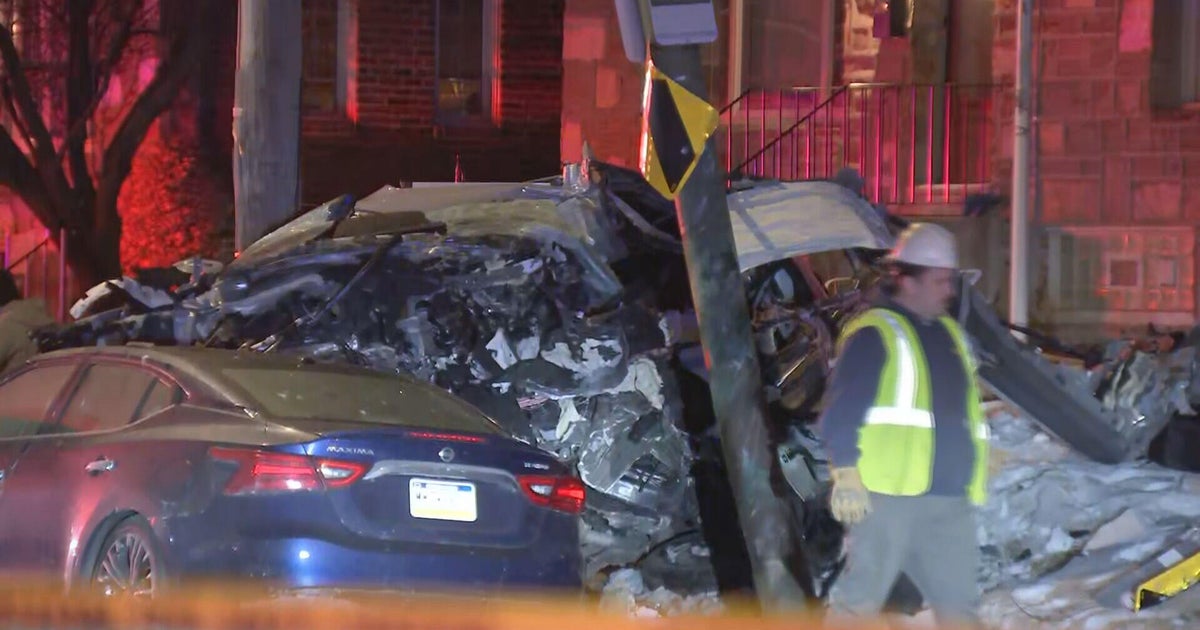Northwestern Professor's Experiment To Blast Off To Space
UPDATED 04/29/11 12:07 p.m.
EVANSTON, Ill. (CBS) -- A Northwestern University professor will be watching the final launch of the Space Shuttle Endeavour a little closer than most.
As WBBM Newsradio 780's Steve Grzanich reports, professor Mark Hersam has experiments on board.
LISTEN: Newsradio 780's Steve Grzanich reports
Podcast
Hersam, a professor of materials science and engineering, led a team that produced carbon nanotube and grapheme thin-films that will be mounted on the outside of the International Space Station for the next six months.
The team wants to see if the samples, each about a square inch in size, will degrade in the harsh environment of outer space or remain stable. If they hold up in space, the materials could be used to protect spacecraft from radiation damage.
"These materials are projected for next-generation electronic applications, and are also believed to be stable under the relatively harsh conditions, such as the radiation that's experienced in space," Hersam said.
Back on the face of the earth, Hersam has a duplicate set of samples, the "terrestrial controls." When the samples being blasted off on Friday return to the earth, Hersam and his team will compare them to the controls.
Hersam will also be able to monitor the electrical resistance of one of the graphene sheet while it is at the Space Station. He says if the resistance increases, that means the sheet is degrading, according to Northwestern.
Hersam's project is part of the Materials International Space Station Experiment, a NASA initiative to investigate the long-term exposure of a variety of materials to the environment in space.
The launch was set for Friday morning , but was scrubbed due to technical problems. The next attempted launch will be Sunday at the earliest, according to NASA.
Once the Endeavour launches, it will be the penultimate space mission -- and the last for the Endeavour -- before the program is retired.

